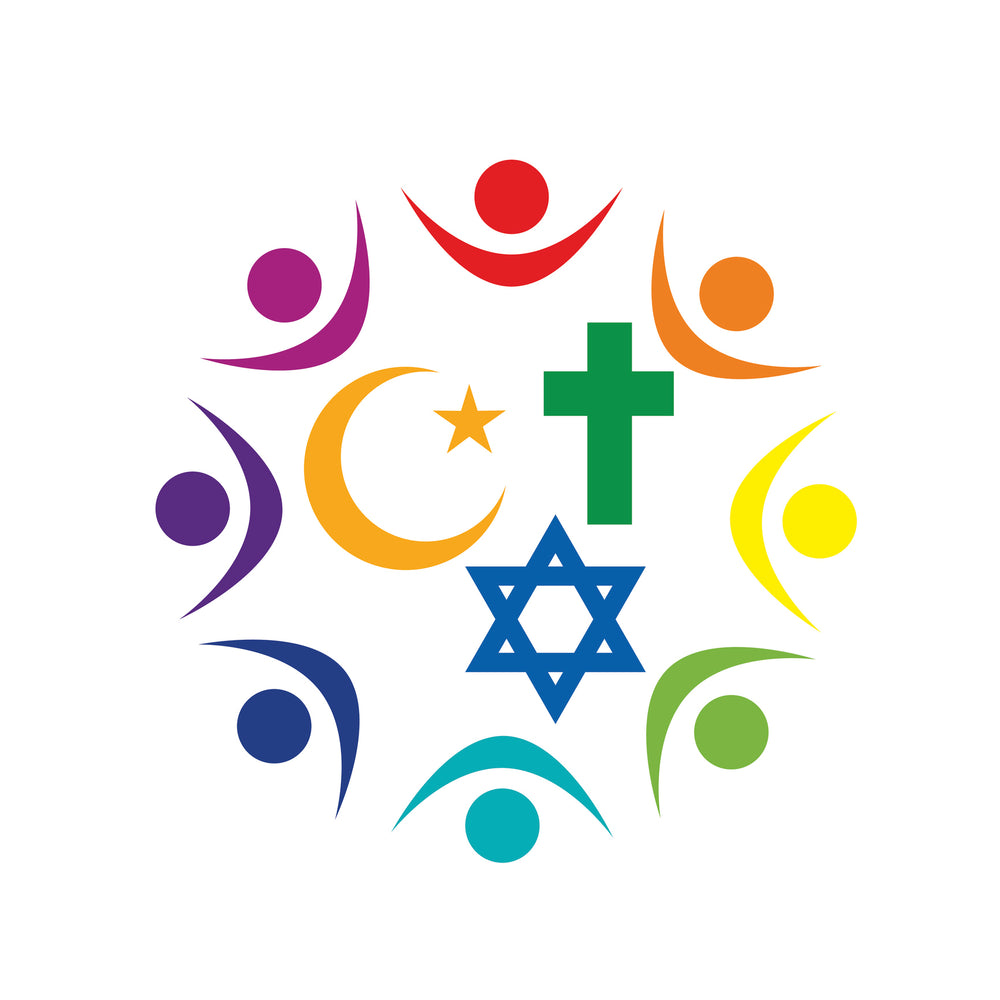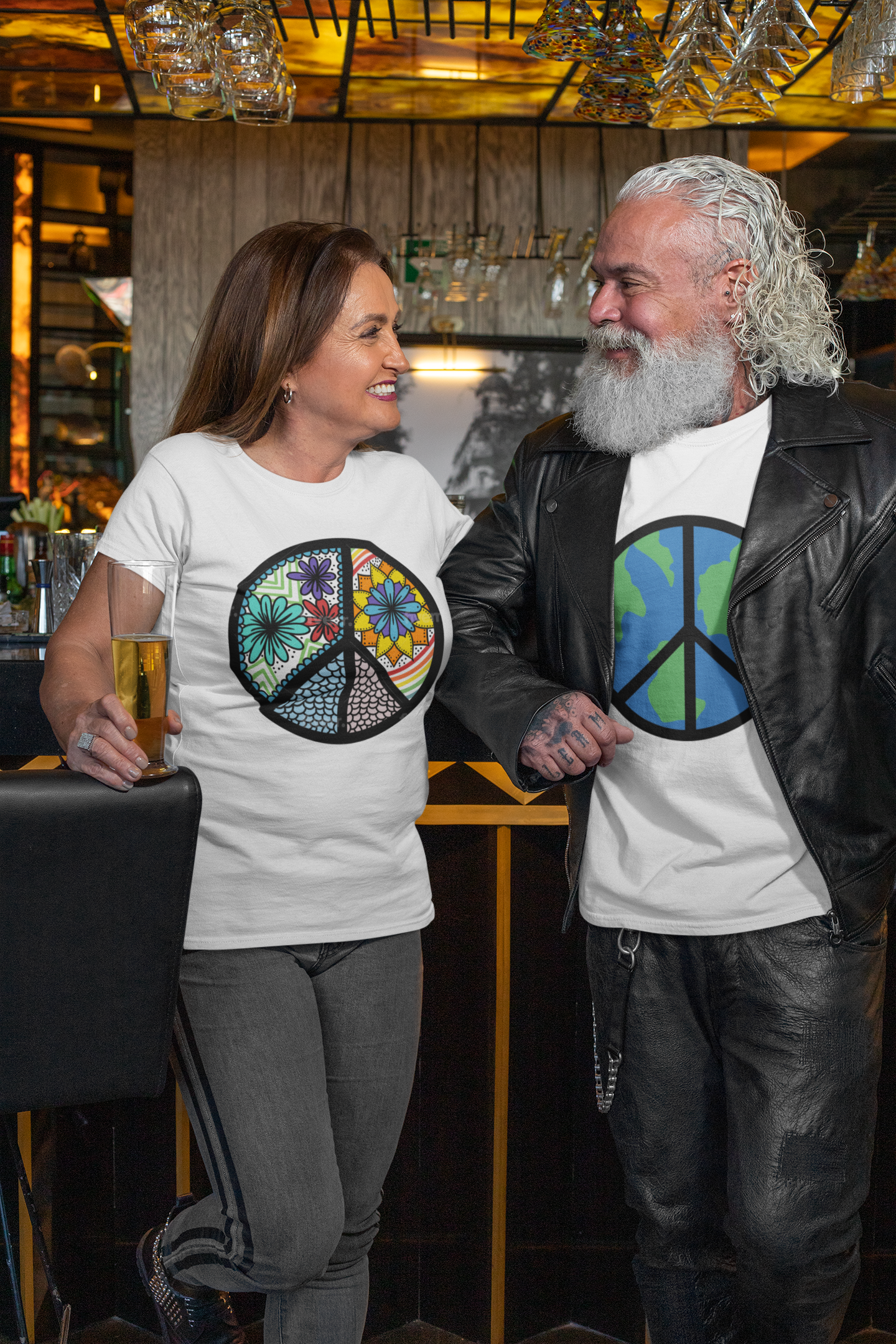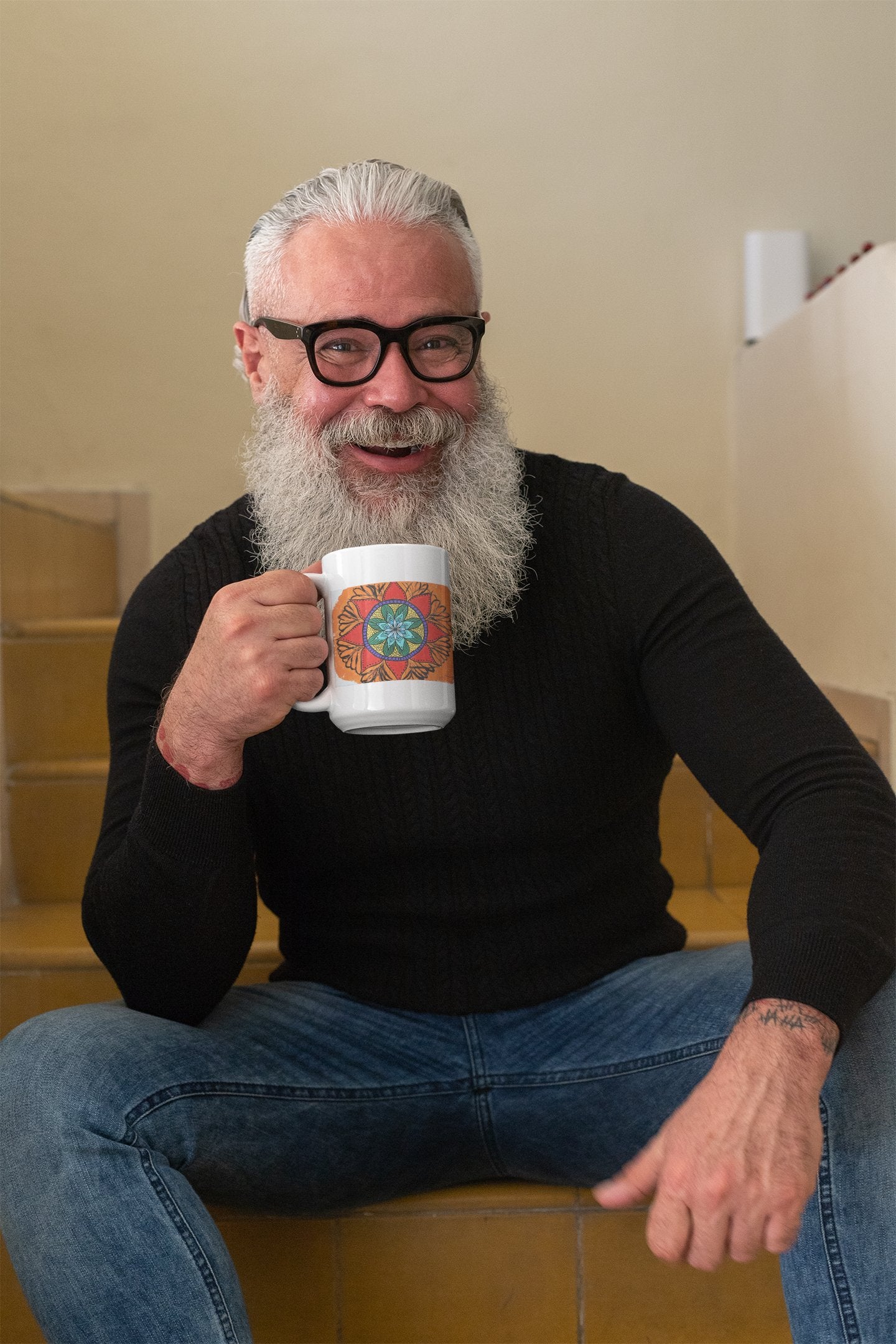Life starts at 50, gets great at 60 and primo at 70.

📝
The blog explores the three great “fart cultures” that shape family life: giggle households, scold households, and ignore households. Each one creates its own emotional ecosystem—whether laughter, discipline, or stoic silence. Through a humorous, observational lens, the piece imagines what it would be like to grow up in each type of home, highlighting how these tiny, awkward moments reveal deeper truths about family dynamics, conflict styles, and personal development. Ultimately, the article celebrates the universal comedy of being human and suggests that every family’s fart philosophy becomes part of its mythology.

At 73, I sometimes wish I were 37 again, but then I remember the struggles, confusion, and noise of those younger years. Age has given me something far better: wisdom, clarity, and a deeper appreciation for life’s quiet moments. I’ve become more of an observer than a participant, and that distance brings peace. I notice more, judge less, and try to keep my thoughts generous, knowing they’ll outlive my physical self. This life is a short interlude God has allowed me, and even with its aches and surprises, I’m enjoying it—deeply, quietly, and with gratitude.

The Book of Proverbs is a timeless collection of wisdom writings designed to teach discernment, integrity, and skillful living. With 31 chapters and over 900 verses, it blends poetry, practical instruction, and spiritual insight. Traditionally attributed to Solomon—with contributions from Agur, Lemuel, and other sages—Proverbs offers guidance on relationships, work, character, leadership, and moral clarity. Though written thousands of years ago, its teachings remain deeply relevant, helping modern readers navigate a noisy, complex world with grounded values and steady purpose. Proverbs invites us to pursue wisdom daily and live with intention, humility, and spiritual depth.

By Darrell Griffin, president of PureAudacity.com
In "U.S. Ambitions in the Arctic," the blog explores America's strategic interest in Greenland amid Arctic rivalries with Russia and China. Driven by security, resources like rare earth minerals, and climate-opened routes, the U.S. considers purchase, association pacts, or independence nudges—though military force is dismissed. Statehood as the 51st is unlikely without local consent. Pros include defense boosts and economic gains; cons encompass high costs, NATO risks, and environmental harm. Greenlanders overwhelmingly reject integration (85% in polls), valuing Danish welfare over American overtures, highlighting sovereignty tensions in a warming world.

What if Dr. Martin Luther King Jr. had lived long enough to become president of the United States? This article explores how his moral clarity, economic vision, and commitment to nonviolence might have reshaped America and the world. From poverty reform to global diplomacy, a King presidency could have accelerated justice, strengthened communities, and inspired a more compassionate national identity. While no leader can perfect a nation, Dr. King’s approach to equality and human dignity offers a powerful lens for imagining a better future—and a reminder that his unfinished work still calls us forward.






